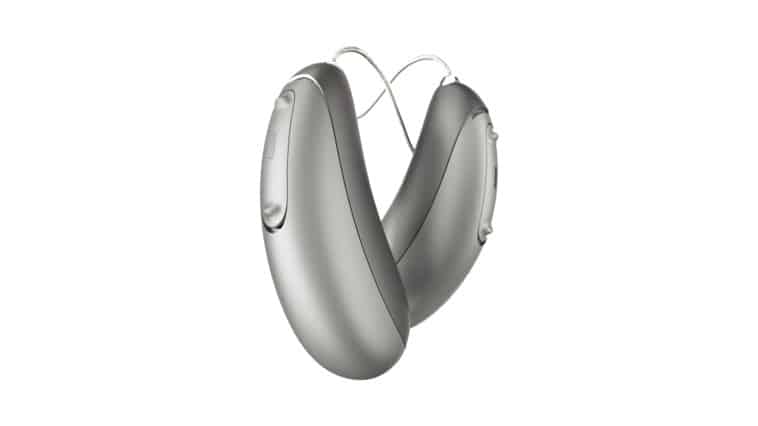0% financing available. Up to 3-year loss and damage guarantee.

How Quitting Smoking & Lowering Blood Pressure Could Support Healthy Hearing
- Navigating the Conversation: The Significance of Thoughtful Disclosure in Hearing Loss - December 10, 2023
- The Sound of Dreams: Understanding How Hearing Loss Impacts Dreaming - November 7, 2023
- Traveling Effectively with Hearing Aids - October 16, 2023
Hearing health is connected to overall health. This means that different conditions and certain behaviors that affect one’s health can also specifically impact hearing. Though hearing loss is commonly associated with aging, there are several other factors that can cause impaired hearing. This includes smoking and high blood pressure which can both disrupt how sound is absorbed and processed. Quitting smoking and lowering blood pressure are important ways you can support healthy hearing, reducing your risk of developing hearing loss.
Link Between Smoking & Hearing Loss
Research shows that there is a correlation between smoking and hearing loss. Studies highlight that smokers are more likely to experience hearing loss compared to nonsmokers. This includes a 2019 study published in the Nicotine & Tobacco Research Journal. Researchers investigated the link between smoking and hearing loss by assessing the smoking patterns as well as hearing health of nearly 50,000 people. Participants were between 20-64 years old and were assessed over an 8-year period. Researchers found that compared to nonsmokers, smokers were:
- 60% more likely to develop high-frequency hearing loss
- 20% more likely to develop low-frequency hearing loss
These findings highlight a significant increased risk of hearing loss among smokers. Researchers also found that the amount and frequency of smoking also increased this risk – the more people smoked, the greater the risk of hearing loss.
How exactly can smoking impact hearing? Well, experts suggest that smoking can affect the circulation of oxygen. Nicotine can reduce blood oxygen levels which restricts blood vessels, slowing the flow of oxygen throughout the body. This includes the inner ear which can impact hearing in a few ways. Reduced oxygen can damage the hair cells in the inner ear which play a critical role in how sound is processed.
There are thousands of sensory cells in the inner ear which send critical auditory information to the brain. These cells help convert incoming soundwaves into electrical signals that then get carried to the brain (via the auditory nerve). The brain is then able to further process and assign meaning to these signals, allowing us to understand what we hear. Restricted oxygen can damage hair cells, preventing them from performing this essential function. This results in the brain receiving less auditory input, causing the brain to work harder to receive and process sound which leads to hearing loss.
High Blood Pressure & Hearing Health
Hypertension, also known as high blood pressure, is another risk factor that can contribute to hearing loss. According to the CDC, nearly half of adults in the United States (47% or 116 million) have hypertension. Hypertension is a cardiovascular condition that occurs when the pressure of blood against artery walls is too high. Arteries circulate blood from the heart to the rest of the body which is essential to health. When blood pressure is too high, the heart has to work harder to pump blood which can lead to serious health conditions including heart disease, stroke, heart failure etc. It can also impact hearing health by increasing the risk of hearing loss. High blood pressure constricts blood vessels which can include the blood vessels in the ears. These vessels help various components of the auditory system – bones, cells, fluid etc. absorb and process sound. Restricted blood vessels can disrupt this process, contributing to hearing loss.
Support Hearing Health by Quitting Smoking & Lowering Blood Pressure
Eliminating smoking can benefit your health and wellness tremendously. Quitting smoking decreases blood pressure and improves circulation which is beneficial for hearing health. This reduces the risk of developing hearing loss and helps protect your hearing health. If quitting cold turkey sounds too overwhelming, start by decreasing how much you smoke which also makes an important difference.
Additionally, finding other ways to lower your blood pressure also benefits your hearing health. There are numerous tips you can practice to support healthy blood pressure. This includes exercising regularly, eating a healthy diet, finding helpful ways to manage stress, and getting quality sleep. These strategies have various health benefits including supporting healthy hearing.
Contact us today to learn more about how you can prioritize and protect your hearing health. Our practice provides comprehensive services and resources that are invested in transforming your health and wellness.

